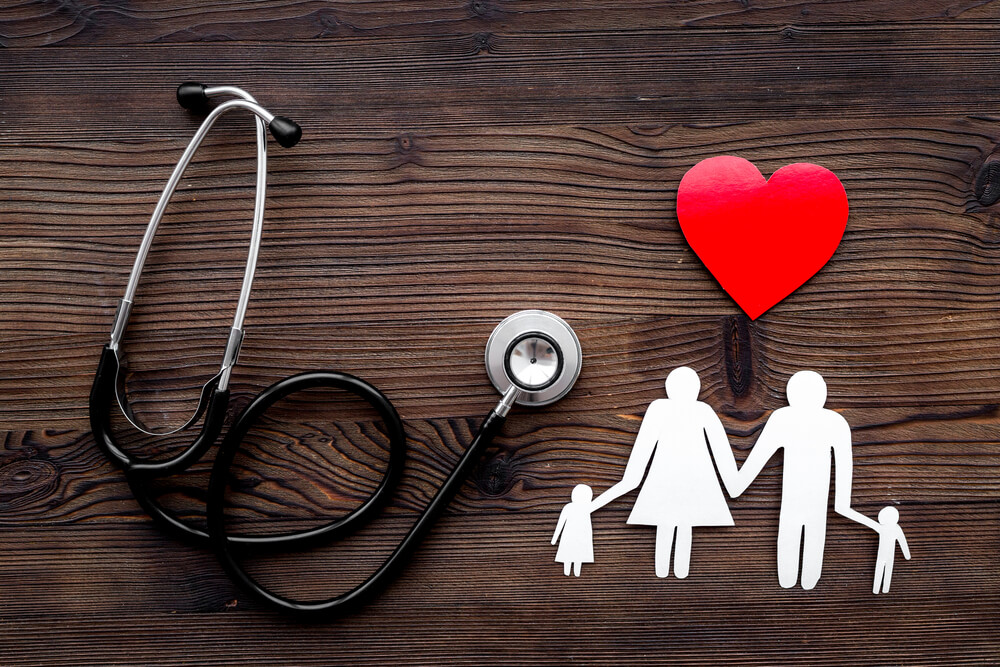South Africa like many other countries, is grappling with the complexities of its healthcare system. One trend that has not gone unnoticed by the majority of Medical Aid members is the annual contribution increase that seems to outpace inflation. This reality has caused anxiety, concern, and even panic for many who rely heavily on these services. The immediate reaction is to reconsider the validity and value of the Medical Aid plan, or even think about dropping it altogether. However, before making any rash decisions, it is essential to understand the broader picture.
- Rising Healthcare Costs Globally
It is not just South Africa facing rising healthcare costs. Around the world, technological advancements, new treatments, and the increased prevalence of chronic diseases contribute to the rise in healthcare expenses. South Africa’s unique health challenges, such as the burden of HIV/AIDS, also add to the cost. These factors make it challenging for Medical Aids to keep contribution increases at or below inflation.
- Medical Aid vs. Out-of-Pocket Payments
Even with higher contribution rates, the cost of medical treatments and hospitalisation without a Medical Aid can be significantly higher. Consider the out-of-pocket medical expense of major surgeries, chronic medication, or prolonged hospital stays.
- Comprehensive Care and Benefits
South African Medical Aids often provide a wide range of benefits, from preventative care to critical illness coverage. This comprehensive care approach is designed to keep members healthy and detect potential issues early, ultimately saving costs in the long run. The focus is not just on treatment but also on prevention and wellbeing.
- Regulatory Safeguards
South Africa has a formidable regulatory environment aimed at protecting the interests of Medical Aid members. The Council for Medical Schemes (CMS) ensures that schemes operate within the confines of the law and that members get a fair deal. This oversight gives members an added layer of protection and assurance that schemes operate with their best interests at heart.
- The Risk of Cancelling Your Medical Aid Cover
The biggest danger of making a drastic decision, such as dropping your Medical Aid, is the risk of being uninsured. South Africa’s public healthcare system, while making strides, is still under pressure. Being uninsured might mean longer waiting periods, potential compromises on the quality of care and financial strain should you need private healthcare treatments.
In Conclusion
Rising Medical Aid contributions is a painful reality that we are all facing, especially when they surpass inflation rates. It is crucial to understand the value yourscheme offer and to consider the alternative. Instead of making abrupt changes, consider discussing your concerns with a healthcare consultant or exploring different plans that might better suit your budget and needs.
Contact us if you have any questions.






